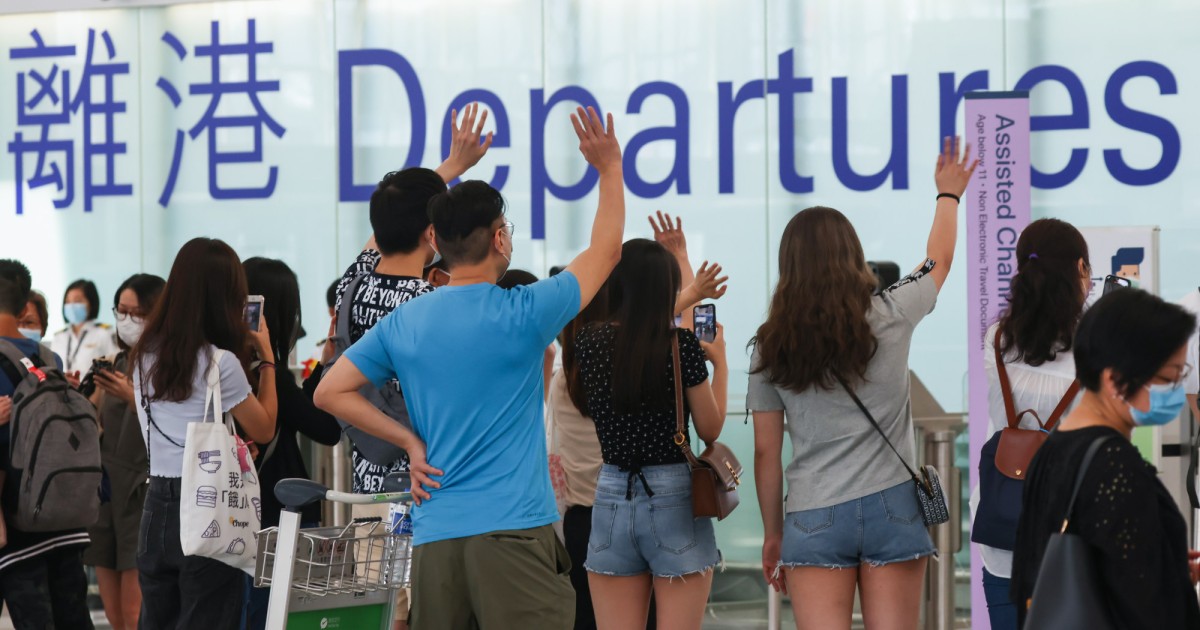Over the past five years, Australia and Britain received 916 asylum applications from Hongkongers, primarily after the imposition of a national security law in Hong Kong in 2020. Australia received 584 applications, while the UK received 332 during this period.
However, the approval rates have been significantly lower, with only 80 applications approved—five in Australia and 75 in the UK. Despite a peak in applications after the law was introduced, numbers have since declined to pre-2019 levels.
In Australia, the highest number of asylum applications from Hongkongers was recorded in July 2020, soon after Beijing implemented the national security law. The law, which came in response to Hong Kong’s prolonged social unrest in 2019, criminalized acts of secession, subversion, terrorism, and collusion with foreign forces.
Many of the applicants, including minors, lodged their applications amid fears of persecution under this new law. The processing time for asylum cases in Australia, however, has significantly increased, now taking over three years on average.

Hongkongers Face Long Waits and Low Approval Rates in Australia and UK Asylum Process
The UK’s asylum application trends mirrored those in Australia, with a peak in applications during the third quarter of 2020. Over the five-year period, 332 Hongkongers sought asylum, with 75 approvals. Many of the approved cases in both countries are believed to have been filed before 2019, rather than in response to the social unrest or national security law, indicating the lengthy process involved in such applications.
According to Jane Poon, an advocate for Hongkongers seeking asylum in Australia, none of the cases linked to the 2019 protests have yet been processed or approved. She emphasized that asylum seekers often face long waits—sometimes up to five years—causing significant stress and uncertainty in their lives.
Although asylum seekers can work and receive medical benefits in Australia, the prolonged wait negatively impacts their mental health, deterring some from applying.
One prominent asylum case is that of activist Nathan Law, who was granted refugee status by the British Home Office in 2021 under the United Nations Convention. This decision sparked criticism from Beijing, which accused Britain of sheltering wanted suspects and demanded that the decision be reversed.
Despite the political tensions, the asylum process remains lengthy and uncertain for many Hongkongers, creating challenges and difficulties for those seeking refuge.
